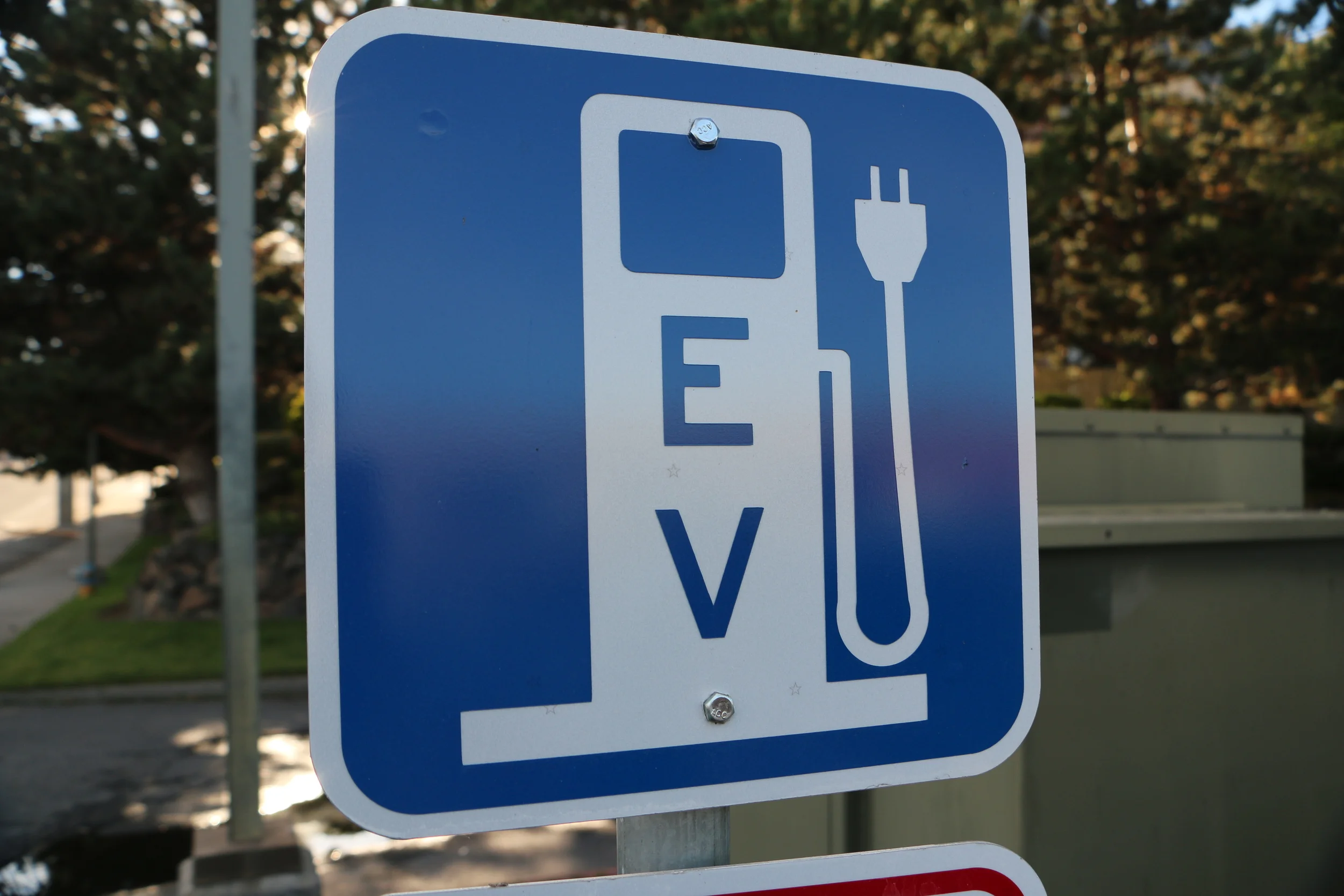History
Advanced Vehicle Innovations (AVI) consortium
In 2005 the Port of Chelan County convened over a dozen public and private entities in North Central Washington to form the Advanced Vehicle Innovations (AVI) consortium. Its purpose: to explore emergent technologies for powering vehicles with electricity from the grid; identify associated economic opportunities that could be realistically developed in the region; and facilitate activities to bring those opportunities to fruition.
Key to the Port’s rationale for launching this activity was its recognition of an exceptional local asset: a robust supply of low-cost, clean, renewable hydroelectricity generated by several nearby publicly-owned dams on the Columbia River.
Plugin Center
In 2006, AVI consortium members designed and launched, with the Port as lead, the ‘PluginCenter’ project. Its objective: to establish North Central Washington as a unique center for research, development, demonstrations, information, education, and community-wide deployment of electrified vehicles. The consortium endeavored to accomplish this by coordinating the provision of:
Attractive, interesting exhibits and real-world demonstrations of electrified vehicles and related infrastructure.
Multiple points of access to electric vehicle experiences for local citizens, visitors, tourists, business groups, and conferees.
Education and training workshops for the public, technicians, businesses, fleets, educators, electricians, first responders, and students.
Networking opportunities for innovators, entrepreneurs, and investors.
Assistance to expedite development of a business in the EV sector, e.g., conversions; research and development; component manufacturing; etc.
Charging station deployment guidance for local communities.
Vehicle-acquisition evaluation and consolidator services for public and private organizations.
A website to engage public conversation about the exciting activities and developing community vision for electrifying transportation in North Central Washington.
Accomplishments
Following are some of the key accomplishments of the consortium and/or individual members that have contributed to the PluginCenter’s growing reputation:
Convened (in 2005) the first series of conferences—called PowerUP!—in the Northwest dedicated to plug-in hybrid electric vehicles (PHEV) and vehicle electrification. These conferences were attended by innovators from throughout the nation.
Introduced the first PHEV to the Northwest and performed the first in-state conversion of a hybrid into a PHEV.
Acquired the first PHEV school bus in the Northwest; and coordinated one of the largest-ever multiple conversions of (14) Priuses into PHEVs for a Department of Energy study conducted by Idaho National Lab.
Converted a gas-powered tractor to battery-electric; convened the founders of the Wenatchee Electric Vehicle Association (WEVA) a chapter of the national Electric Vehicle Association.
Testified before members of Congress and the Washington State legislature.
Delivered over sixty presentations to service clubs, utility and fleet associations, business interests, and environmental groups.
Staged exhibits and demonstrations in dozens of parades, fairs, festivals, and conferences.
Evolution into Plug-In North Central Washington
In 2011, PluginCenter was spun off from the Port of Chelan County to become its own non-profit entity. As a non-profit, Plug-In NCW is currently a wholly owned subsidiary of the North Central Washington Economic Development District. We have a board of 11 individuals and regular bi-monthly meetings. On average we organize 5-6 EVents every year for fun, education and increasing EV awareness. We have spearheaded several projects that are unique in the nation to spur rural EV growth and infrastructure with the purpose of encouraging EV tourism.
Our current mission:
Serve as a catalyst and resource for deployment of electric vehicles and infrastructure to encourage EV tourism and provide local economic benefit by:
Coordinating strategically located charging infrastructure.
Coordinating demonstrations of electric vehicles and associated technologies.
Educational outreach regarding electric vehicles and charging infrastructure.


